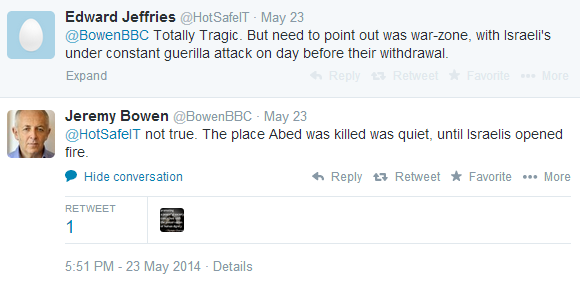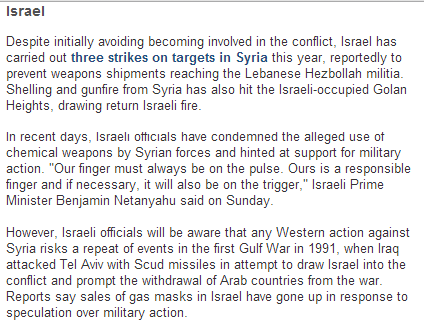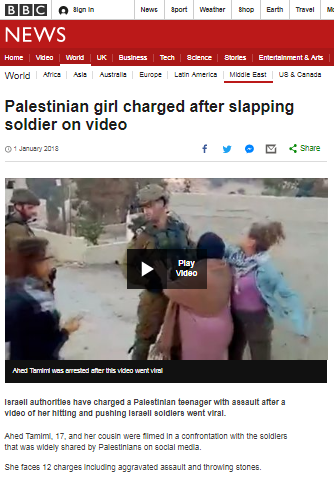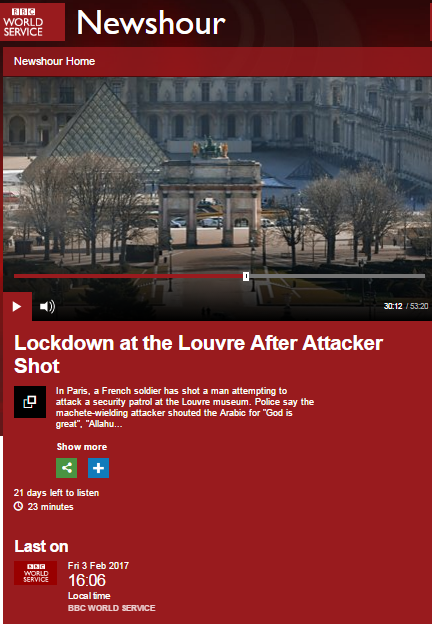The following Tweets (among others) were sent by the BBC’s Middle East editor Jeremy Bowen to his eighty-two and a half thousand followers on May 23rd.
This is not the first time that Bowen has proffered his particular version of the tragic incident which took place on May 23rd 2000 on Twitter – he did so last year too – and it is also not the first time that he has failed to provide his Twitter followers with a full account of what happened that day.

“Early in the morning of Tuesday May 23rd 2000 – the day before the completion of the Israeli withdrawal from southern Lebanon – a tank crew stationed on the border fence near Kibbutz Menara received an intelligence alert concerning the likelihood of terrorists firing anti-tank missiles at IDF tanks and armoured vehicles. Later in the day, the crew spotted a Lebanese vehicle transporting men in civilian clothing and suspected that these were Hizballah terrorists carrying equipment for firing an anti-tank missile. The tank crew was given permission to fire at the suspected terrorists.
Later it emerged that the men were actually a BBC film crew headed by Jeremy Bowen and that driver Abed Takkoush had been killed. The IDF investigated the incident and issued an apology. Understandably, that tragic incident appears to be still very much at the forefront of Bowen’s mind, although he does not appear to accept that it was possible to mistake three men travelling in a war zone in a car with Lebanese plates, and carrying camera equipment, for Hizballah terrorists dressed – as was very often the case – in civilian clothing.”
It is of course worth remembering that those Tweets were sent by the person who is ultimately the gatekeeper of all “accurate and impartial” BBC reporting from the Middle East.
Related Articles:
Middle East Editor – Jeremy Bowen
Jeremy Bowen: “The Israelis would have killed me too”
Ask Jeremy: Twitter Q&A gives insight into ME Editor’s approach







